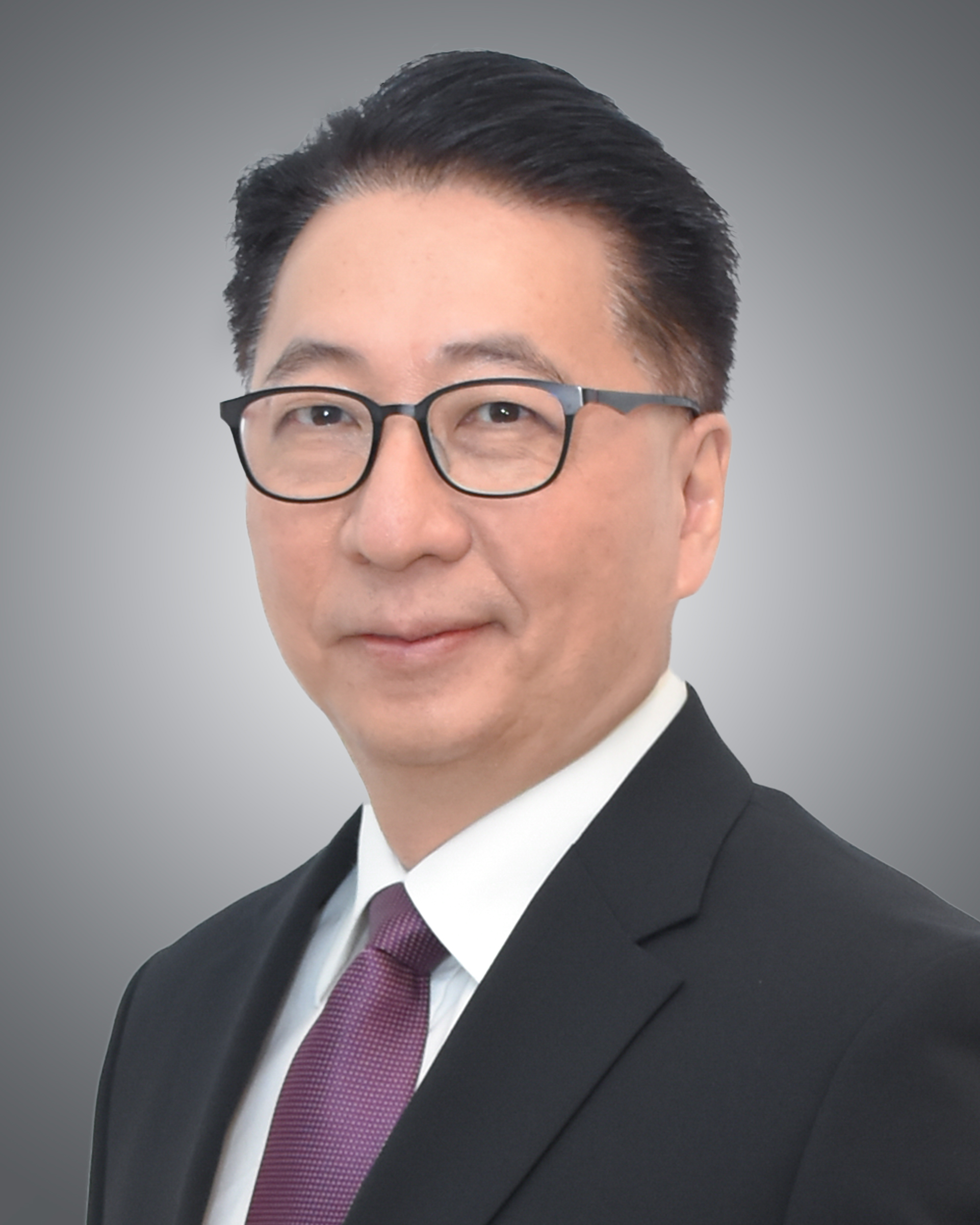
The global interest in sustainable investments has grown exponentially and is now taking centre stage. As institutional investors look to invest more responsibly, environmental, social and governance (ESG) exchange-traded products (ETFs) could be a wise choice. As of the end of July 2020, ESG ETFs had US$100 billion in assets under management, according to ETFGI. At the time of this writing, Hong Kong only has one such ETF. More broadly, according to the Securities and Futures Commission, only 34 of Hong Kong’s almost 2,000 public funds could be classed as ESG funds. And most of those 31 funds are offered by global managers with the products having little or no relevance to the Asia-Pacific region.
There are a number of reasons for the lack of ESG funds in Hong Kong. First, there is a lack of universal standards on ESG. There are plenty of ESG research and index providers in the market, but all deploy different methodologies of varying quality. Standards even vary market-to-market. Second, there have been concerns about “greenwashing” – claiming that something is sustainable when it is not. Add on top the three- to six-month process of setting up a separated mandate, the incentive can often get lost during the tedious process of getting a licence agreement with an index provider, finding an investment manager, and doing due diligence.
ESG ETFs offer a solution to these concerns. First, they provide a cost-efficient and easy way to access ESG investments with a wide coverage of different stocks. Investors who want to try ESG investments on a trial basis or need a stop-gap measure while switching funds can opt for these products. They are also a possible alternative to futures in terms of adjusting asset allocation strategies to avoid the volatility of futures rollover costs.
Having ESG-themed investments as part of a portfolio is not just a nice-to-have, but can in fact result in superior returns over the long run. Research from the University of Oxford in 2015 concluded that companies with good ESG credentials tend to have lower costs of capital and better operating performance. This gets priced into a company’s shares over the long run and enables investors to sort the wheat from the chaff.
Opportunities in China
Hong Kong is in a strong position to seize the opportunities of China’s shift towards higher ESG standards. This is set to make the A-share market one of the most attractive for institutional investors in terms of ESG investment over the next two to five years.
Three trends are driving this: the first is the macro shift from high-risk, low-opportunity (HR/LO) ESG sectors, such as mining and energy, to low-risk, high-opportunity (LR/HO) ones, such as technology and services. This trend is clearly reflected in the A-share sector weighting for HR/LO ESG sectors, with energy, utilities, metals & mining, real estate and industrials dropping from 41.2% of the MSCI A-Share Index in 2015 to just 26.5% in mid-2020. In their place the proportion of the LR/HO ESG sectors – consumer staples, technology, and healthcare – has risen from 31.8% to 52.2%. More generally, the inclusion of China A-shares into major global indices is also driving Chinese companies to move towards global governance standards and adopt internationally recognized ESG standards.
The second is the ongoing regulation and reform of China’s corporate landscape into larger, more ESG compliant entities. Reforms to corporate governance, minority shareholder protection and corporate transparency, particularly to state-owned enterprises, has led to greater shareholder scrutiny. Meanwhile, government regulation for many of the high-risk ESG sectors, particularly over environmental protection and anti-corruption, has led to restructuring and sector consolidation in key industries such as chemicals, energy, and metals and mining.
The final element is the tighter reporting and regulation for ESG in China. This should improve companies’ ESG practices and encourage them to divulge more information to the market. Here, there are already strong signs of improvement: 85% of CSI 300 constituents released ESG reports in 2019, up from just 54% in 2013. Part of the focus is on the environment, with the China Securities Regulatory Commission (CSRC) expected to make environmental disclosure compulsory for all listed companies this year. This would greatly boost confidence in China’s push to establish an "ecological civilization" and to "ensure harmony between humanity and nature".
On governance disclosure, which was made mandatory in China by the CSRC, A-share companies are already scoring highly, with a disclosure score of 49.3 compared to Europe’s 63.2 as of September 25 2020, according to Bloomberg.
On the social front, we see that many large corporations in China are shouldering their social responsibilities, such as vowing to preserve jobs and helping bail out their smaller suppliers during the Covid-19 pandemic. Alibaba, for instance, hired short-term workers from temporarily affected sectors, while Meituan Dianping offered subsidies to its merchants.
This strong push by the central government in China, along with the attractiveness of A-shares and H-shares as asset classes, offers Hong Kong’s investment industry a significant opportunity to roll out a range of ESG funds that plays to the city’s unique strengths as a gateway to China. A further push by both regulators and the asset management industry – working in partnership – will help Hong Kong maximize its potential.
There is a huge room for ESG ETFs to grow in Hong Kong, particularly on the back of China’s push for an ecological civilization. It is only when more products are rolled out will a culture of ESG investing take hold and education on the practice increase. To join this growing bandwagon, both regulators and market participants need to seize the opportunities to fill this gap and change Hong Kong’s investing culture. Carpe diem.
Johnnie Yung is managing director of Exchange Traded Fund at Haitong International Asset Management (HK) Limited









